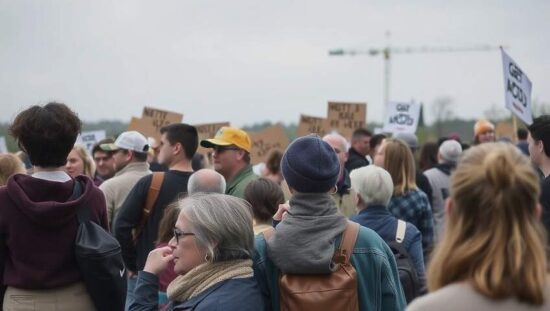The German climate movement risks complacency, according to prominent Fridays for Future activist Luisa Neubauer, who has criticized a perceived lack of engagement in shaping public narratives. In an interview with the Frankfurter Allgemeine Sonntagszeitung, Neubauer argued that environmental advocates have grown overly reliant on the assumption of inherent moral superiority, failing to effectively persuade those holding different perspectives.
Neubauer contrasted this with the proactive approach of proponents of fossil fuels, who, she asserted, have skillfully exploited popular culture to normalize their industry. She cited the example of portraying fossil fuel-powered vehicles as heroic problem-solvers, akin to a James Bond gadget, regardless of the impracticalities inherent in such a portrayal. “It doesn’t matter that we’ve never seen James Bond looking for a parking space” she noted, underscoring the power of compelling storytelling over purely rational arguments.
This strategy, she contends, highlights a fundamental flaw in the climate movement’s approach. Neubauer insisted that simply advocating for “the morally right way of living” is insufficient. “To truly effect change, one must also articulate a vision of ‘the good life’ – a future that is not only sustainable but also desirable and appealing” she stated.
The critique extended to the political establishment, with Neubauer acknowledging Chancellor Friedrich Merz’s purported intention to avoid inflicting further climate catastrophe. However, she accused him of adhering to an unspoken ideology that prioritizes fossil fuel solutions as inherently more reliable. “There’s an underlying belief that security and prosperity are essentially built on fossil fuels” she explained, referencing a sentiment often articulated as a post-war narrative of rebuilding through coal energy and automobile ownership. This reliance, she suggested, reveals a potentially dangerous blind spot in policy making and a reluctance to embrace truly transformative alternatives. The activist’s comments arrive as the world prepares for a crucial climate conference in Brazil, signaling a demand for greater urgency and strategic innovation within the environmental movement and from political leadership.





